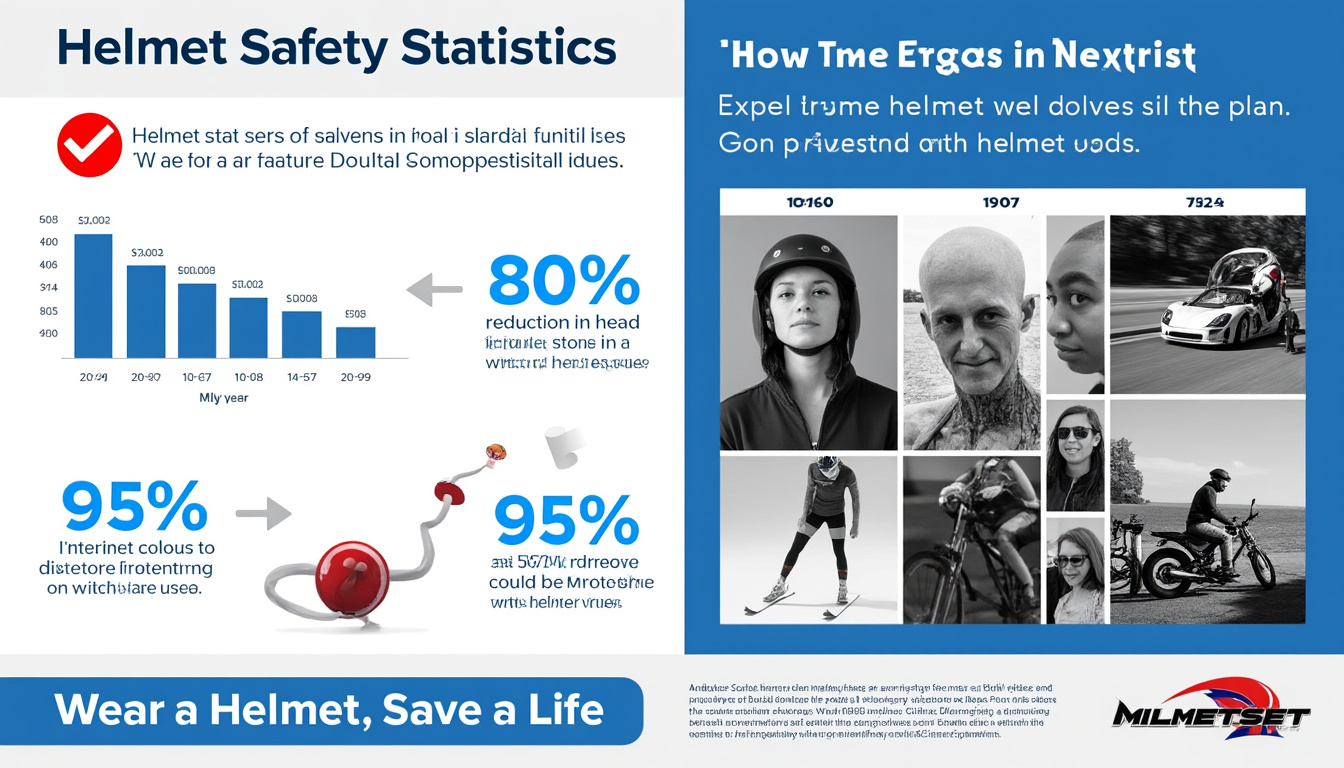The ban on Jet helmets in motorcycling: recommendations from the European Commission, implementation in Spain, and support from Vias in Belgium

In terms of road safety, Europe is constantly seeking solutions to reduce the number of accidents and casualties on the roads. With alarming data on the increase in motorcycle fatalities, the European Commission has begun taking significant measures. At the heart of this dynamic, Spain is preparing to ban Jet helmets, a highly sought-after equipment deemed insufficient in terms of protection. This article explores the recommendations of the European Commission, the implications of this ban in Spain, and the support expressed by the Vias institute in Belgium, determining the future of rider safety.
Response from the European Commission to the risks associated with Jet helmets
Faced with an alarming situation on European roads, where motorcycle accidents have seen a significant rise, the European Commission has taken the initiative to assess the safety standards of protective gear for motorcyclists. This assessment highlighted the ineffectiveness of Jet helmets in accidents, particularly due to their open design that leaves the chin exposed. These helmets, although appreciated for their lightness and the sense of freedom they provide, do not offer sufficient protection, especially at high speeds.
The recommendations issued by the Commission aim to align national regulations with a common standard, ensuring better protection for all road users. The absence of a chin guard on Jet helmets exposes riders to serious injuries, including facial fractures and traumatic brain injuries. These recommendations have alarmed several European countries, which have begun to reconsider the types of protections allowed on their territory.
The consequences of accidents and the importance of equipment
The numbers speak for themselves: in Europe, thousands of motorcyclists lose their lives each year due to accidents. The data concerning Spain is particularly concerning, with an increase in fatalities of nearly 19% in 2023. This grim reality has prompted the Spanish government to act swiftly. The ban on Jet helmets is not only aimed at following recommendations but at responding to an urgent need for road safety.
Motorcycle protective devices vary, but some offer optimal safety. Here is a list of the different types of helmets and their level of protection:
- Full-face helmet: Complete protection of the skull and face.
- Modular helmet: Ability to lift the chin guard, combining comfort and safety.
- Jet helmet: Minimal protection, without a chin guard, increasing risks in case of an accident.
This diversity raises questions about the choices of motorcyclists, often influenced by style and comfort rather than safety. The European Commission aspires to harmonize practices to encourage the use of gear that meets high-level standards, ensuring a reduction in injuries in the event of accidents.

The Spanish initiative: towards a ban on Jet helmets
In response to alarming statistics concerning road safety, Spain has decided to adopt a radical measure by banning the wearing of Jet helmets. This decision is part of a series of reforms aimed at improving the safety of road users. Announced by the Spanish Directorate General of Traffic, this ban is expected to come into force by the end of 2024, or early 2025, marking a major turning point in the regulation of protective equipment.
In a few months, Spanish motorcyclists will therefore be forced to exchange their open helmets for more protective models – primarily full-face or modular helmets. This reform is part of a broader framework of addressing road safety issues that Spain has tackled head-on. The cultural aspect related to the use of Jet helmets, particularly among city scooter riders, presents an additional challenge that the state intends to overcome.
The challenges of implementing the ban
Implementing such a ban will not be without challenges. The popularity of Jet helmets in Spain, particularly for their comfort in high temperatures, complicates the transition. Many motorcyclists have expressed concerns about their safety and comfort. Here are some challenges identified in the framework of this implementation:
- Changing mindsets: Motorcyclists will need to change their perception of safety equipment.
- Availability of compliant helmets: Ensure accessibility for all users to equipment that meets the new standards.
- Strengthening enforcement: Prepare effective control measures to enforce this new regulation.
The Spanish authorities are currently working to raise awareness among motorcyclists to convince them of the importance of proper protection. Communication campaigns are also planned to explain the reasons for this ban and its benefits for the safety of road users.
Support from Vias in Belgium: analysis of motorcycle helmets
In Belgium, the Vias institute has provided significant support for the ban on Jet helmets in Spain and may soon advocate for a similar regulation within the country. Vias is a key player in analyzing road safety and the behavior of motorized two-wheeler riders. Through its studies, the Institute has demonstrated the dangers associated with open helmets.
Vias experts have conducted several studies, revealing that riders wearing Jet helmets are at a higher risk of severe injuries compared to those who opt for full-face helmets. Based on their studies, a direct comparison can be made between different types of equipment:
| Type of helmet | Protection offered | Injury statistics |
|---|---|---|
| Full-face helmet | Complete protection | 10% of severe injuries |
| Modular helmet | High but variable protection | 15% of severe injuries |
| Jet helmet | Minimal protection | 30% of severe injuries |
With such enlightening results, Vias plans to emphasize the importance of safety and the wearing of equipment that meets standards. Benoît Godart, spokesperson for the institute, emphasizes: “Motorcyclists who wear full-face helmets are much more protected, even during urban trips.” This major support could lay the groundwork for a evolution of Belgian legislation on road safety.

The perception of motorcyclists regarding the ban
The reaction of motorcyclists to the announcement of the ban on Jet helmets in Spain is mixed. On one hand, some welcome this decision that seems to respond to a real concern for safety. On the other hand, others see this measure as an infringement on their freedom of choice regarding equipment. Debates are intensifying around the question of whether this cultural aspect should take precedence over safety.
In a world where image and style are often as important as functionality, the question of rider identity arises. What does a Jet helmet represent for some? Freedom, a sign of belonging to a community. Here are some points of reflection on the different perspectives of motorcyclists:
- Increased protection: The majority of motorcyclists argue that safety comes first.
- Freedom of choice: Others believe that the choice of equipment should remain personal.
- Cultural aspect: Jet helmets are often part of the two-wheeler culture, especially in urban areas.
Ultimately, the perception of motorcyclists regarding this ban largely depends on their individual experiences and interactions on the road.
The future of road safety: a collective awareness
The measures taken by Spain and the recommendations of the European Commission aim to trigger a collective awareness of the importance of motorcyclist safety. If Spain opens the door to options for renewing protective equipment, other countries, like Belgium, under the impetus of the Vias institute, may follow the path of banning Jet helmets.
The priority lies in the need to adopt more responsible behaviors and to ensure that every motorcyclist is equipped with the best possible gear. The discussion around road safety expands horizons, allowing for an analysis not only of driving habits but also of preferences regarding equipment. This implies a reflection not only on the products themselves but also on how they fit into the motorcycling culture.
In this context, collaboration between governments, motorcyclist associations, and road safety organizations appears essential. Thus, the common goal will be to improve safety on the roads while respecting individual choices of users. This will hopefully significantly reduce the number of serious injuries and fatalities on European roads.
Leave a Reply



Articles relatifs